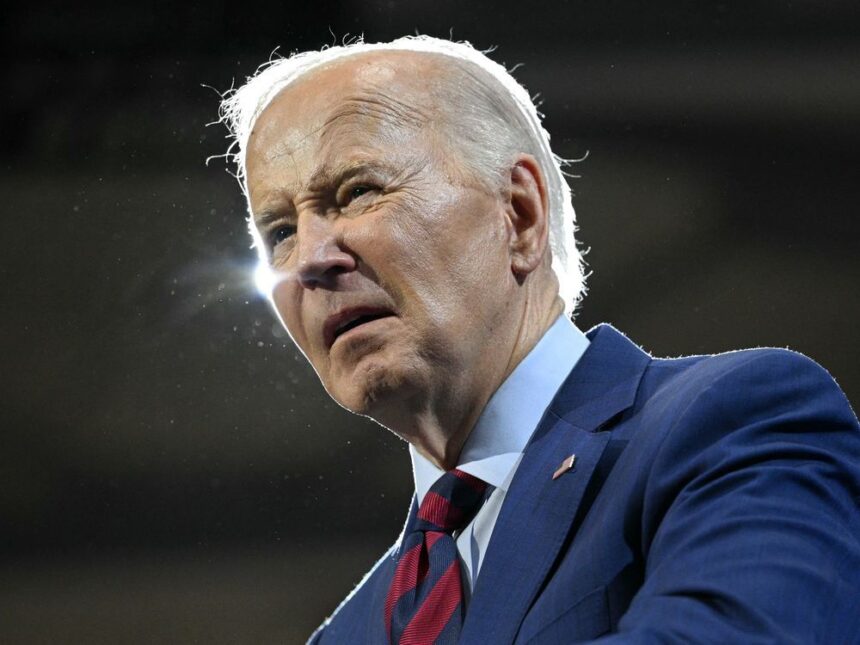In a flurry of speculation surrounding President Joe Biden’s health, the White House has moved swiftly to address reports about the president’s cancer status following confusion stemming from his recent remarks on environmental issues.
During a speech in Colorado on Wednesday focusing on clean energy initiatives, President Biden appeared to suggest he currently has cancer when discussing the environmental impact of oil refineries near his childhood home in Delaware. “That’s why I and so many damn other people I grew up with have cancer,” Biden stated while highlighting the connection between pollution and public health concerns.
The comment immediately triggered widespread media attention and public concern about the 81-year-old president’s wellbeing. However, White House officials quickly clarified that Biden was referring to non-melanoma skin cancers that were removed before he assumed the presidency.
Andrew Bates, White House Deputy Press Secretary, confirmed that the president was alluding to his previously disclosed medical history. According to Biden’s detailed health assessment released in February, his physician Dr. Kevin O’Connor had documented the removal of several localized non-melanoma skin cancers through an outpatient procedure.
“President Biden has been transparent about his medical history, including the treatment he received for non-melanoma skin cancers,” said Dr. Kimberly Henderson, a medical analyst familiar with presidential health protocols but not directly involved in Biden’s care. “These types of skin cancers are common among individuals with significant sun exposure, particularly in Biden’s age demographic.”
Medical records indicate Biden had these lesions removed prior to taking office, with no evidence suggesting any current or aggressive prostate cancer as claimed in some circulating reports. The White House medical team has consistently classified the president as “healthy” and “vigorous” in official health assessments.
The confusion highlights the intense scrutiny placed on presidential health matters, particularly as the 2024 election cycle intensifies. Health experts note that non-melanoma skin cancers are generally treatable and have excellent recovery rates when detected early.
“Presidential health has always been a matter of public interest, but we must be cautious about misinterpreting statements or medical terminology,” noted Thomas Richards, presidential historian at Georgetown University. “The historical record shows that comprehensive transparency about presidential health conditions has evolved significantly over decades.”
The White House has emphasized that President Biden’s health status remains stable and that he continues to undergo regular comprehensive medical evaluations as is standard protocol for all presidents.
As the political landscape heats up ahead of the November election, how much should a president’s health history influence voters’ decisions at the ballot box? The balance between privacy and public disclosure continues to challenge our democratic institutions and media reporting standards.

























